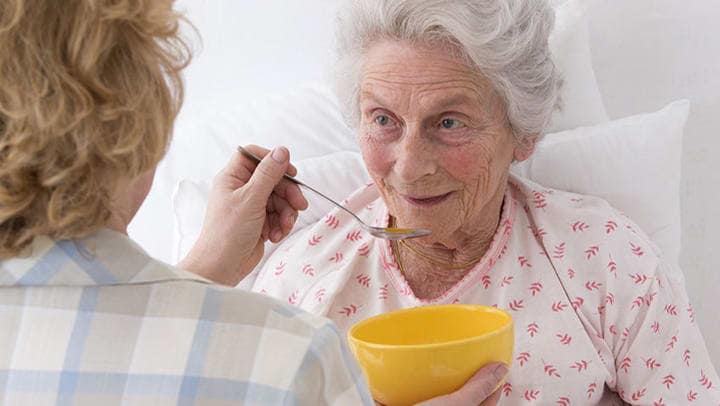
As we head into November, along with the holidays comes the onslaught of flu season.
We all know that flu presents special challenges for older individuals. Much of it involves strength and the ability to keep air passages clear. When younger, stronger adults contract the flu, they will cough, clear their throats and blow their noses regularly. For older, weaker adults, that takes much more effort to do. And, for those with Alzheimer’s disease, especially during the later stages, the awareness that they need to keep air passages clear may no longer be present. This can dramatically reduce the ability to keep passages open and clear out viruses and bacteria. That can lead to the worsening of flu and, for many, pneumonia.
While flu is the number one health issue on everyone’s minds during fall and winter months, it’s important to know that there are other potentially life-threatening health related issues to watch out for this fall and winter:
Remember that your loved one with Alzheimer’s may be losing his or her ability to self-monitor and make healthy decisions. They may not have the awareness to make sure they wash their hands frequently. Lack of good hygiene can make them more susceptible to germs brought in by caregivers and others.
For all these reasons and more, it is important to remove as many health obstacles for your loved one as possible. Make sure your mom or dad has a licensed caregiver present at all times to ensure they are eating properly, staying hydrated and using proper hygiene. Make sure they get a flu shot and, if applicable, a pneumonia shot. Ultimately, of course, you will want to find a memory care community staffed with professionals who can provide long-term, loving care for your loved one in a comfortable, safe environment.
Related Articles: